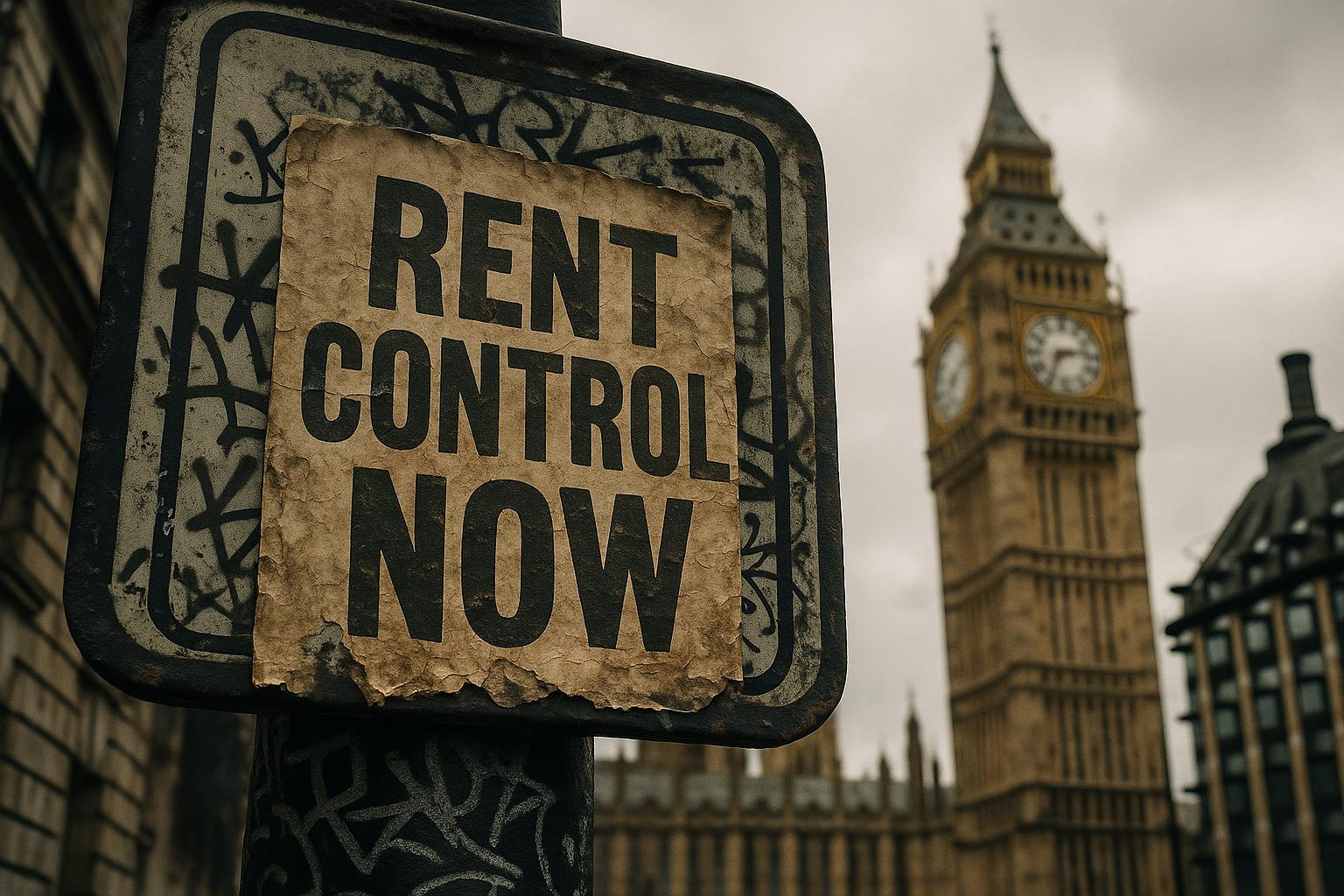London Mayor Sadiq Khan is intensifying his campaign for rent control powers in the Capital, positioning it as a top priority in his agenda for devolved authority. Speaking to the London Assembly, Khan reiterated his commitment to securing rent caps, aiming to improve conditions for the city's renters who face rapidly increasing housing costs. This issue remains central to his administration, reflecting a broader push to address the unaffordability challenges within London’s private rented sector.
Khan’s efforts to introduce rent controls are rooted in longstanding concerns about the high cost of renting in London. Data presented in his earlier reports highlighted stark disparities, such as the cost of a one-bedroom flat in London surpassing that of a three-bedroom house elsewhere in England. This significant gap has underpinned Khan’s call for a London Private Rent Commission to set rent caps and create a universal register of landlords, proposals first made public in 2019. His vision is to fundamentally overhaul the private rented sector to make housing more accessible and affordable for Londoners.
Despite these persistent efforts, the UK government has consistently rejected the proposal to devolve rent control powers to London. A Ministry of Housing, Communities and Local Government spokesperson reaffirmed the government’s stance, stating there would be no permission granted for rent controls in London or other regions. Instead, the government suggests empowering tenants through the Renters’ Rights Bill, which aims to provide protections against excessive rent increases without imposing direct caps. This position has been maintained over successive administrations, including the recent Labour government, which ruled out plans to devolve such powers despite Khan’s advocacy.
Khan has also drawn comparisons with other cities, notably Edinburgh, where the Scottish Government has implemented rent freezes to shield tenants. He questions why similar measures cannot be introduced in London, arguing for equal consideration of the Capital’s housing crisis. However, such appeals have so far met with governmental resistance, reflecting a broader political divide over the role of rent regulation in the UK housing market.
Internal Labour Party dynamics may influence the future trajectory of Khan’s campaign. With fellow city mayor Andy Burnham of Manchester rumored to be a potential challenger to the national Labour leadership, there is speculation about a possible shift in housing policy if party leadership changes. Both mayors share concerns about housing affordability, and their positions could signal a more aggressive push for devolved powers, including rent controls, should Labour navigate leadership transitions.
Khan’s persistence in the face of governmental reluctance underscores the growing urgency of housing affordability in London. Though the government favours tenant protection mechanisms over direct rent controls, the gap between London’s rental costs and the financial capacity of many residents remains a pressing issue. As living costs rise, including energy bills and other essentials, Khan’s advocacy for measures such as rent freezes resonates with those struggling to keep up with increasing expenses.
The debate around rent control in London reflects broader national tensions over housing policy, tenant rights, and the balance between market forces and regulatory intervention. While Khan pushes for transformative change within the private rented sector, the government’s refusal to devolve rent control powers keeps the debate alive, with the issue likely to feature prominently in housing discussions moving forward.
📌 Reference Map:
- Paragraph 1 – [1], [4]
- Paragraph 2 – [3], [5], [6]
- Paragraph 3 – [1], [2], [7]
- Paragraph 4 – [1]
- Paragraph 5 – [1], [2]
- Paragraph 6 – [4], [1]
- Paragraph 7 – [1], [2]
Source: Noah Wire Services
